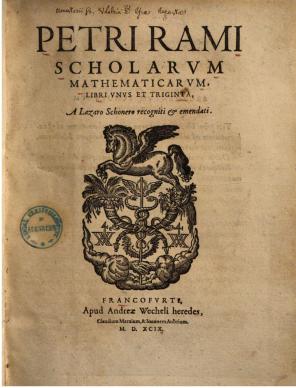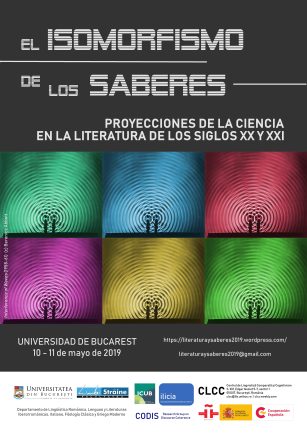The Emergence of Mathematical Physics in the Context of Experimental Philosophy
ICUB Humanities & Department of Theoretical Philosophy, Faculty of Philosophy, University of Bucharest
October 30th – November 1st, 2019
Invited Speakers: Philip Beeley (University of Oxford), Andrew Janiak (Duke University), Sébastien Maronne (University of Toulouse), Carla Rita Palmerino (Radboud University Nijmegen), Friedrich Steinle (Technical University Berlin).
As we all know, early modern science came to the world dressed up in mathematical vestments. Much has been said about the shape and colours of these clothes. Traditional grand narratives of the “mathematization of nature” or “mechanization of the world picture” have gradually dissolved into more fine-grained and localized historiographical categories such as “forms of mathematization”, “artisanal knowledge” or “experimental practices”. However, in all these framings, questions about how natural philosophy became amenable to mathematical treatment are still central to understanding the emergence of modern science.
The eighth edition of the Bucharest Colloquium in Early Modern Science aims to explore the diversity in methods, scopes, shapes and colours of some of the—well-known, and less well-known—projects of mathematization. It will focus, more precisely, on mathematical forms which have an experimental component. We aim to bring together scholars coming from different disciplines, thus cutting across the established divisions and traditional temporal delimitations.
We invite submissions for presentations of cca. 40 minutes on any topic related to early modern projects of mathematization (roughly speaking, 16th – 18th centuries). Please send an abstract of max. 500 words by June 10 to ovidiu.babes@icub.unibuc.ro.
The 8th edition of the Bucharest Colloquium in Early Modern Science will be organized, jointly, by the ICUB Humanities and the Department of Theoretical Philosophy, Faculty of Philosophy, and will mark the end of the research grant “The emergence of mathematical physics in the context of experimental philosophy” (2017-2019).
For any additional information, please contact Ovidiu Babeș (ovidiu.babes@icub.unibuc.ro)



 Monday, 8 April, 17h
Monday, 8 April, 17h